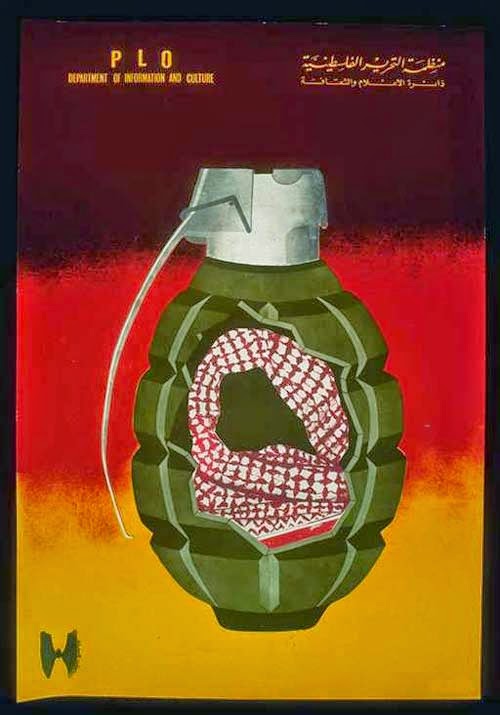Anne Bayefsky: How the UN Mixes Anti-Semitism, the Holocaust, and Israeli War Crimes
At the end of the anti-Semitism meeting – which was informal because formal agreement by the General Assembly to address the subject would have run smack into Arab and OIC intransigence –a joint statement was issued. The lack of formality meant it could not take the form of an official UN resolution. It does not explicitly mention Israel, but it is tangible. Fifty states signed on to what could be called the New York declaration on anti-Semitism.Did Sky News Presenter Justify Anti-Semitism?
Tellingly, 90 percent of the signatories are fully free democracies (on the Freedom House scale), while only 45 percent of all UN member states are fully free. The countries that participated in the event but refused to sign the commitment to combating anti-Semitism, not only included Lebanon, Turkey, Qatar and Russia, but, disgracefully, Brazil, India, Mexico, New Zealand, South Korea, South Africa, and Switzerland.
Less than a week later, at the UN Holocaust commemoration held on January 28, 2015 in New York, listeners heard the gut-wrenching story of one of the few surviving twins of the Nazi Dr. Mengele’s hideous experiments. Jona Laks concluded her account of the horrors of Auschwitz and surviving the Nazi death marches, only to be turned away from her former home in Poland, with this: “In 1948, an orphan, and completely alone, I made my way…to the soon to be born State of Israel. I began to rebuild my life. Only then, I began to get the feeling that I was a human being again, with a name and no more just a number.”]
It was a precise and authentic message understood long ago by the majority at the United Nations, but no longer.
During Thursday morning’s review of the press on Sky News, the two studio guest reviewers made this point perfectly clear, particularly Jonny Gould. But what about Sky News presenter Eamonn Holmes’ reaction?
Jonny Gould: “The fact that it is happening around the Gaza conflict and as a consequence of it might be an understanding as to how to tackle it, but it can never be justification.
Eamonn Holmes: “It can, if you are Palestinian.”
Jonny Gould: “If you are an anti-Semitic Palestinian, yes.”
What exactly did Eamonn Holmes mean? The context of the conversation was specifically dealing with anti-Semitism in Britain. Would Holmes find it justifiable for a Palestinian living in the UK to carry out an anti-Semitic act against a British Jew?
Or is he simply stating that Palestinian anti-Semitism against Israeli Jews is understandable and even justified?
Why Do Palestinians Believe Crazy Things?
We have not seen any polls that asked Palestinians whether they believe there was a Holocaust. But a May 2009 poll by the University of Haifa found 40% of Israeli Arabs believe the Holocaust was a hoax. Note that this astonishingly high number was among Arabs who have been far more exposed to modernization and Western thinking. It seems likely that the number of Palestinians who live in Judea-Samaria or Gaza and deny the Holocaust is even higher.
Why do Palestinians believe this stuff? We leave it to sociologists, historians, and political scientists to analyze the religious and cultural factors that encourage conspiratorial thinking. We merely take note of the fact that such thinking is widespread among the Palestinians, and the implications for Israel are significant.
Hamas, in Gaza, and the Palestinian Authority, in part of Judea-Samaria, already each have a de-facto state. Hamas lacks one major thing: total control of its borders. Israel’s partial blockade prevents them from acquiring tanks and jet fighters. The PA, for its part, also lacks one major thing: a full-fledged army.
So when the international community, the Jewish left, and the State Department demand that Israel lift the Gaza blockade and give the PA a sovereign state, Israelis have to ask themselves: Who would be in charge? Would reasonable, rational people run the State of Palestine? Or would the tanks and planes be in the hands of people who – by an overwhelming majority – sincerely believe crazy things, whether about 9/11 or the Holocaust or a dozen other issues?
Wishful thinkers – and there is no shortage of them in the Obama Administration, the pages of the New York Times, and the offices of various “peace” groups – look at the rest of the world and think that everyone is pretty much “just like us.” But the polls say otherwise.

















































